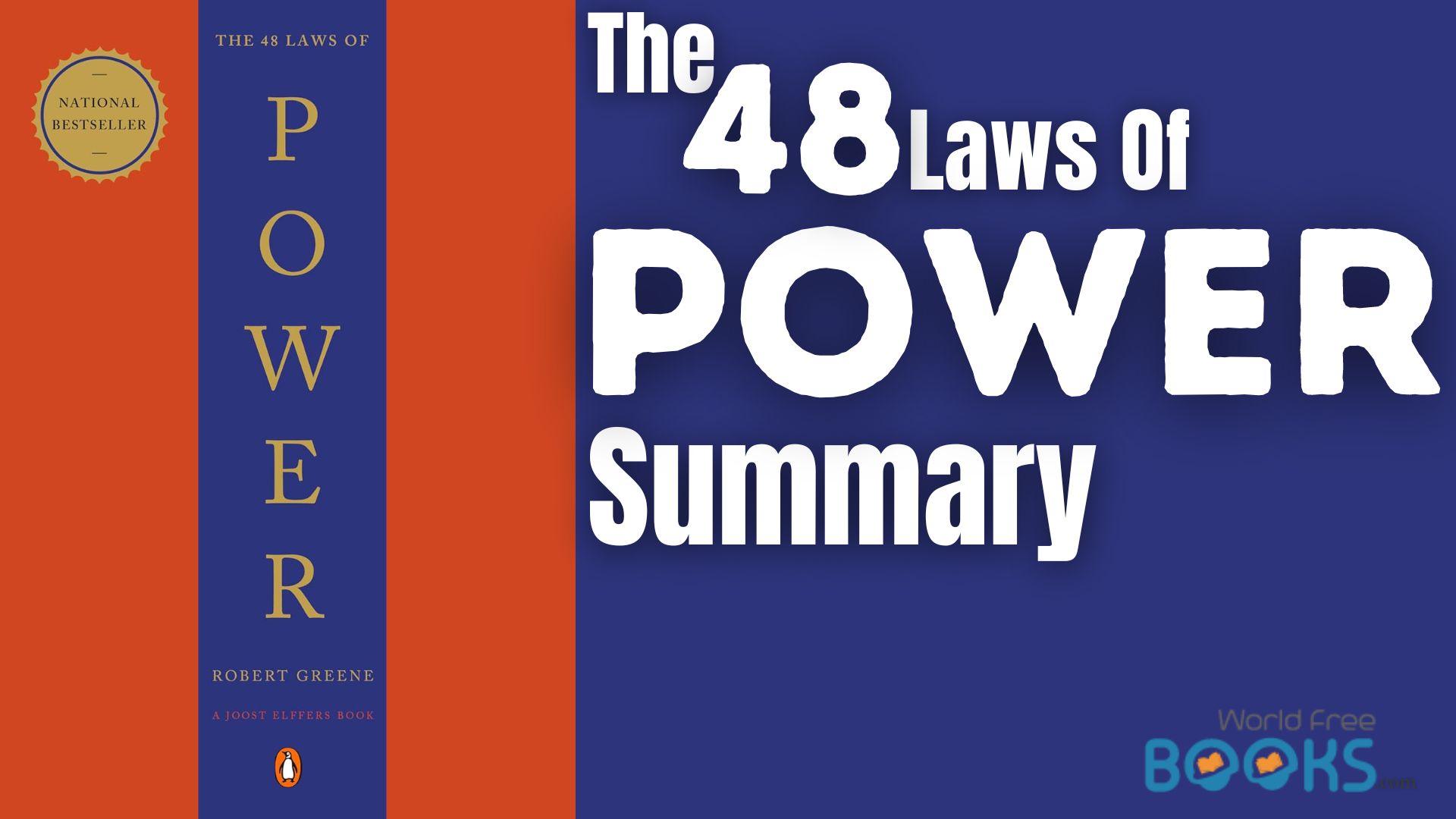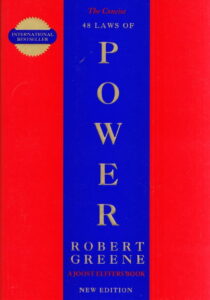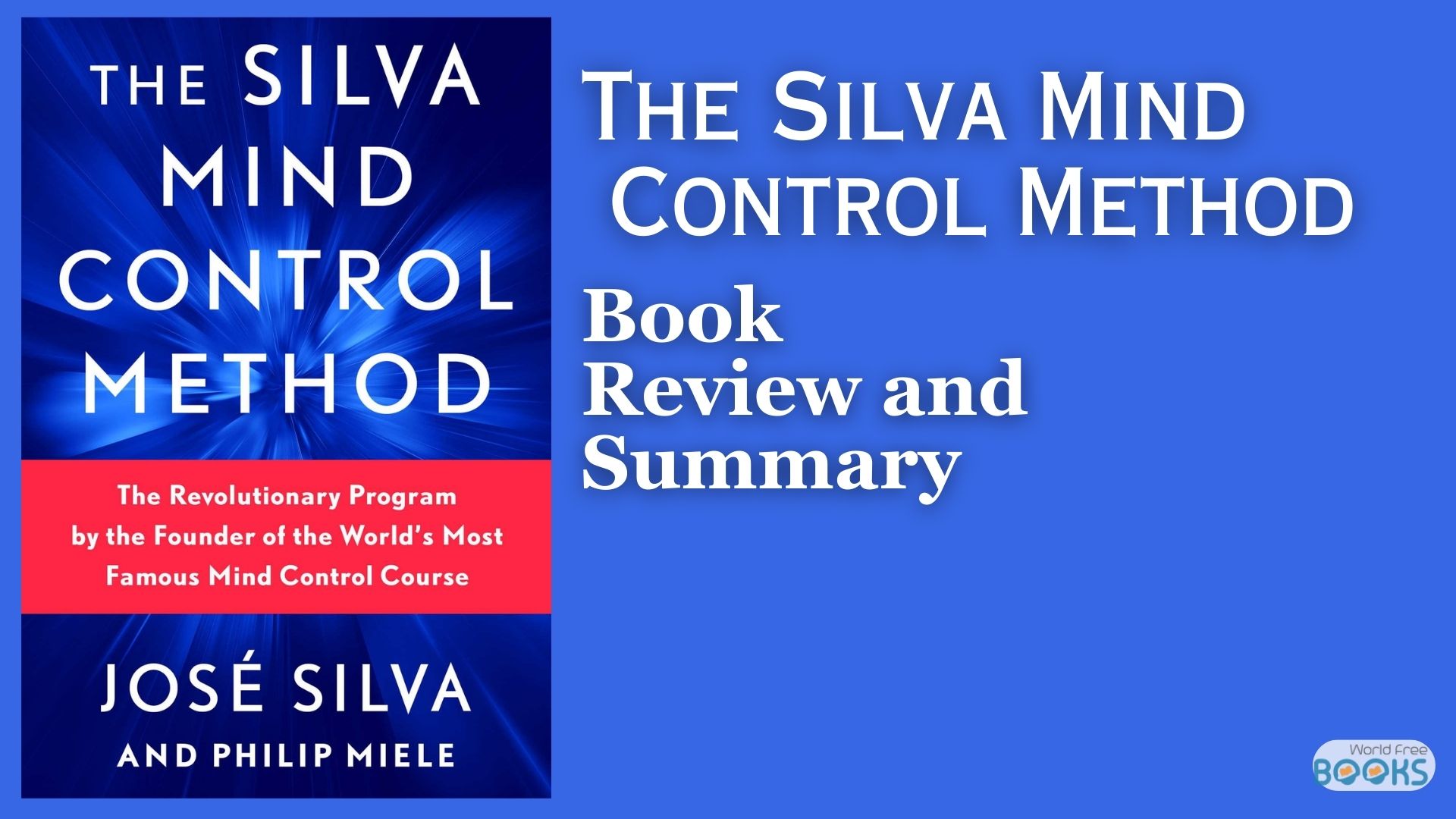
The 48 Laws Of Power Summary is an in-depth look into the compelling and controversial book by Robert Greene. The book was released in 1998 and has garnered a reputation as a modern classic on the art of strategy and influence from drawing on historical anecdotes and philosophical insights.
This book presents us with Greene’s series of laws that describe how power can be acquired, used effectively, and protected against. With its unapologetic examination of power’s amoral nature, the book serves as a guide for navigating social and political landscapes, offering pragmatic advice for those seeking to understand and wield power in all areas of life.

From here we will look deeper and explain The 48 Laws Of Power Summary in a way that would help you to have an understanding of this book’s highlighted key points.
The 48 Laws Of Power Summary On Key Highlights
The 48 Laws Of Power Summary is here to show you the key points of the book that show us compelling insights into the dynamic of power and influence. there elements of the book have contributed to the book’s status as a modern classic on strategy and power.
Some of the most Highlighted elements of the book include:
Amoral Realism: Greene in this book suggests that Power is an amoral force. It is moral considerations that often stand in the way of effective power strategies.
Historical Examples: The book is rich with historical anecdotes. It showcases how laws of power were applied by historical figures to achieve the result they wanted.
Pragmatic Advice: Each law gives us advice on maintaining, gaining, and defending power, often that is given through manipulation and cunningness.
Understanding Human Nature: Understanding human nature and psychology is essential and Greene emphasizes its importance greatly as it helps you manipulate situations to one’s advantage.
Strategic application: Greene tells us here that laws are meant to be applied strategically with careful consideration taken from context and the desired outcome.
Controversial Nature: The contents of This book are controversial since it often advocates rather ruthless and manipulative tactics leading to divided opinions among readers and critics.
Influence Across Fields: The readership of The 48 Laws of Power is from varied fields including, business, politics, and entertainment due to its universal themes.
All these elements are what made this book what it is, Whether one sees this book as a practical guide or a philosophical commentary on power, the impact on readers from this book is undeniable.
The 48 Laws Of Power Summary Of The Most Controversial Law
The 48 Laws Of Power Summary is about making you understand the main and most powerful segments of the book, but we also are here to show you a few of the most controversial topics the book presents us with.
In any case, When The 48 Laws Of Power Summary, we can say that the most controversial Law can be subjective and can vary depending on individual perspectives.
Still, there is one law in particular that has been contentious and departed. It’s the Law 15: Crush Your Enemies. This law suggests that one should not just destroy their enemies but should annihilate them to prevent any possibility of retaliation.
The reason it is controversial is that this promotes a ruthless approach to dealing with opposition, which can be perceived as morally questionable or excessively harsh.
Another Law sparking a lot of debate in the readers’ community is Law 31: Control the Options: Get Others to Play with the Cards You Deal. This is suggesting to divide people by giving them the illusion of choice while manipulating the outcome to your advantage.
It is controversial as it represents the motives of manipulation and deceit so many find it unethical.
These two laws among others have been criticized for promotive manipulative and sefl-serving tactics. Be sure to understand that though the book has been praised for its insight into power dynamics it has also been criticized for its amoral stand on power and the use of manipulation.
In the broader debate of ethical implications of power strategies, the laws in the book have to be under controversy as these outlined strategies can also be used with an adverse effect.
The 48 Laws Of Power Summary Of The Author’s Thoughts
Robert Greene the author of The 48 Laws Of Power expressed that he does not think of himself as evil, but rather a realist. He stated that no other book has described the reality like he has in this book. He has gone to the extreme for literary purposes to counteract the overly optimistic aspects that are naive in nature found in self-help books.

He wrote the book to demystify the manipulative tactics of executives he encountered during his time as a Hollywood screenwriter, aiming to expose power games that are played behind the scenes.
Green also mentioned after publishing this book that, he was concerned about young people thinking that the only way to succeed was through being manipulative and political.
So with his subsequent book “Mastery” he wanted to emphasize that true success comes from developing talent and being so talented at what you do that no one argues over your result.
In conclusion, Greene’s work is that of a realistic portrayal of the power dynamics that have existed throughout history and have continued to influence the modern world.

 Dec 26, 2023
Dec 26, 2023 




